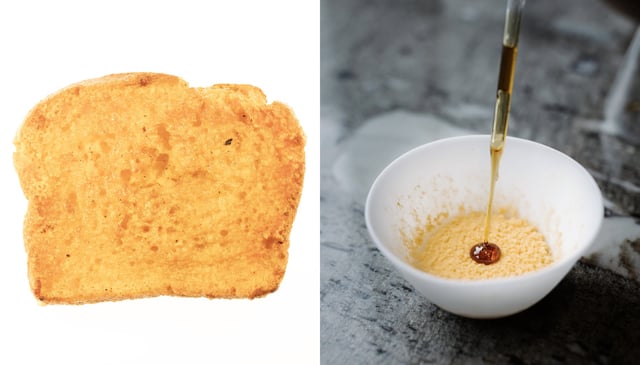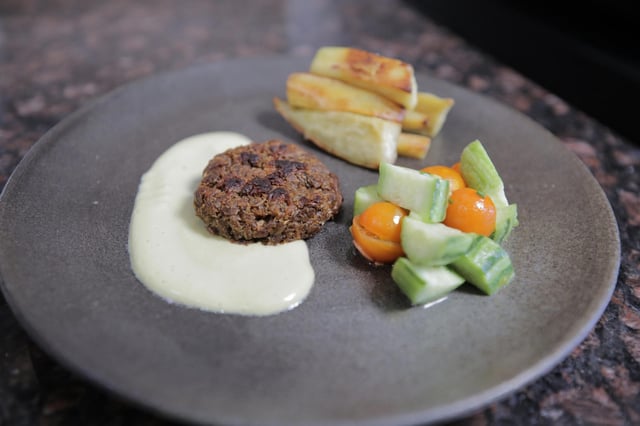Overview
- Chef-turned-scientist Vayu Hill-Maini explores the culinary potential of Neurospora fungi.
- Collaborations with Michelin-starred restaurants showcase innovative dishes made from food waste.
- Neurospora mold can convert various agricultural wastes into tasty, protein-rich foods within 36 hours.
- Research reveals Neurospora's unique ability to transform indigestible plant material into digestible nutrients.
- New findings could revolutionize sustainability in the food industry by reducing waste and creating new gastronomic experiences.

